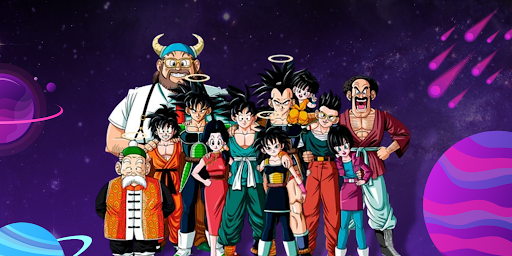In the last few years there has been a spike in hype around crypto throughout the digital space. Whether you are on Reddit, Telegram groups or any social media platform, crypto has been the talk of the town. The onset of crypto communities have led to people to start taking more of an interest in finance and gradually building trust around these digital currencies. With this constantly evolving technology and the complexities around them, the communities formed around them help users to understand the technology as well as allow brands to flourish in the crypto space.
One of the most recent and significant examples of a community movement is GameStop, where a Reddit group overnight defeated the markets and massive hedge funds in a joint effort. Such communities that bloom from an idea that everyone can believe in allow new markets and new crypto-based products to grow through trust in the fact that everyone is working towards the same goal. Experts in the crypto space believe that communities are essential to the growth of said digital currency. A thriving ecosystem consists of community members who help in developing the project by pushing boundaries, creating flat structures, and promoting new governance. Social channels help channel these advocacies and bring indispensable organic support.
While these communities bring awareness among users, there are chances that an inorganic community can have adverse effects. The organic growth of communities is vital to the progress of crypto coins. Inorganic marketing and companies trying to jump on the bandwagon of marketing through communities might lead to onboarding of members that are not well-informed and do not believe in the product or the values of the organization, which can in-turn cause the creation of what is known as FUD (Fear, Uncertainty & Doubt).
Developing inorganic traffic and communities can lead to FUD among new investors and increase tension among existing ones. Current crypto giants such as Ethereum and Solana focused more on building utility to back their token and took years to develop a large community and get to where they are today..
Formed in 2009, Ethereum implemented its vision and shared information among its consumer base to create a base for sustainable growth. Onboarding thousands of developers, technologists, designers and enthusiasts allowed Ethereum to grow as a product and in turn caused an organic growth of investors and community members.
Visionless promotion of the project, on the other hand, does not allow for this controlled growth rate. The project vision is lost in the process of trying to forcefully grow a community or increase holders, taking the form of what is now known in the crypto space as a ‘Pump-And-Dump’. Therefore, for crypto coins or products to flourish, it is important for them to develop organically.
One example of a relatively new and organic project is Goku. Goku is a project for anime and manga fans that is being developed to provide the community with a safe and secure space to share their interests. Goku is also building an NFT platform for artists to interact directly with their fans and promote buying, selling, and trading of NFTs. Their aim is to develop an anime community in the blockchain and help them interact with NFT’s, allowing them to access and own art in the digital world.
A community-driven platform that aims to foster organic growth of the community based on the utility they create for their platform, Goku is helping users interact on the basis of their shared interest. With a focus on their roadmap and utilities they are building, such communities and projects like Goku are more likely to see long-term and stable growth relative to pump and dump coins that are designed with no utility in mind.

